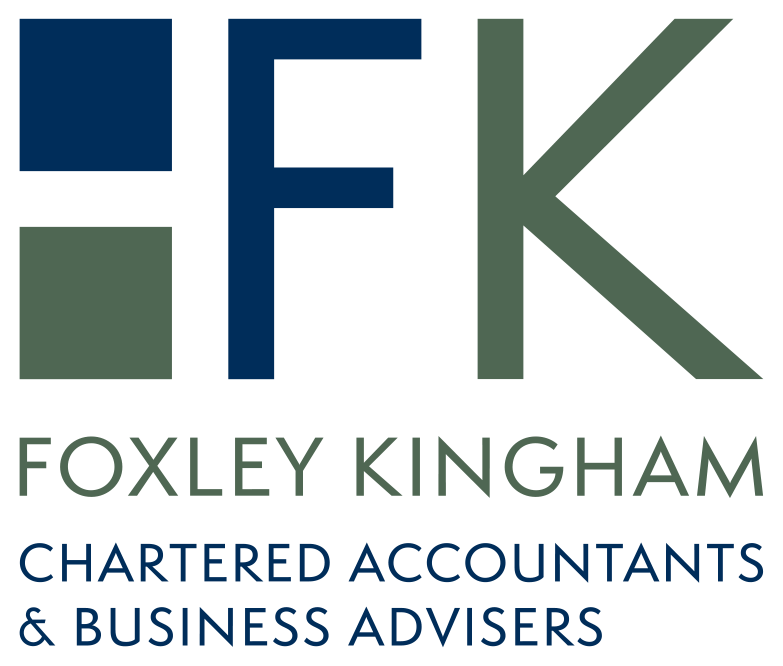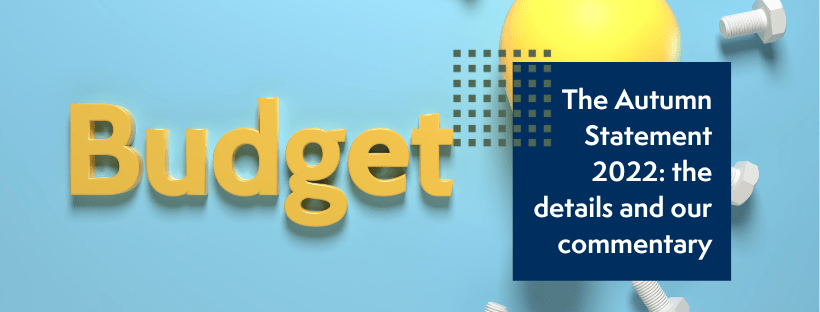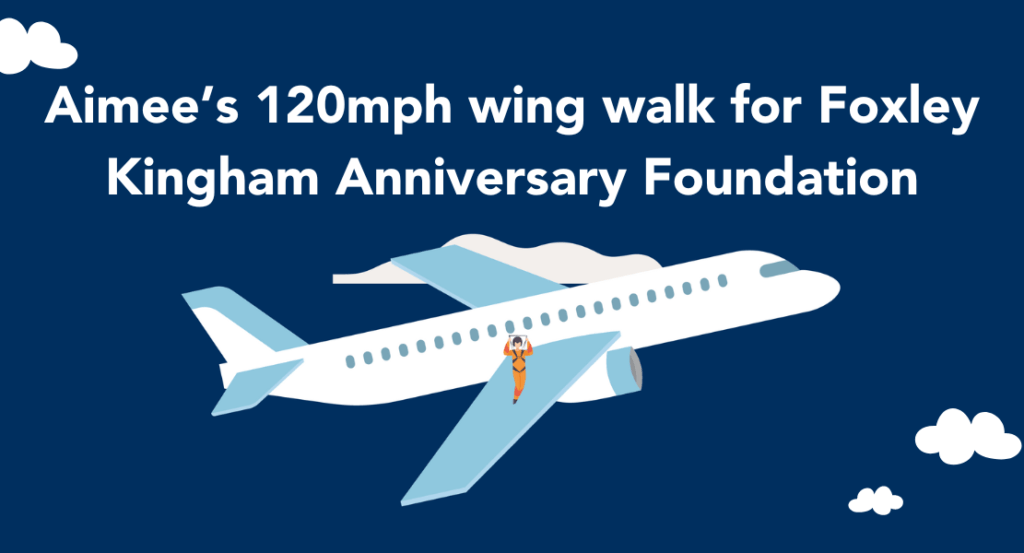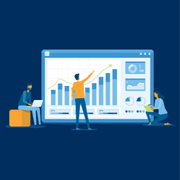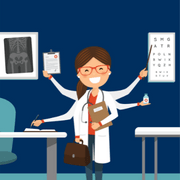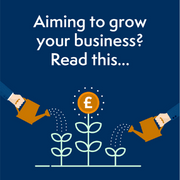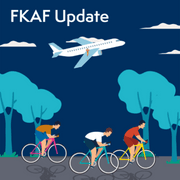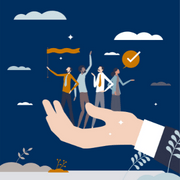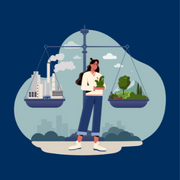
This summer, ProActivity featured an article on our journey towards becoming net-zero and how we hope to inspire other organisations thinking of taking the low-carbon plunge by reporting our own.
We’re excited to report we’ve been continuing our ‘cleaner, greener journey’, progressing with an internal focus group workshop which helped us get up close and analytical on all our carbon usage measurements and allowed the team dedicated time to discuss and formulate ideas for the future of our net-zero journey.
Turns out, it really is all about engagement
Rachel Hayler, Audit Manager and member of the focus group, who attended the workshop with Eschon Environmental Consultancy gave us an update on how it went and how fundamentally every measure depends on personal engagement and responsibility;
“The group discussions are so important because, for all of this, we need everyone’s buy-in. Over the last two years, we’ve all gotten used to certain freedoms and thinking more independently, but we may need to change our approach and take a more collective approach. Things like, can we wear a jumper instead of turning the thermostat up a degree? Or change seats to not sit under the coolest part of the blowers? It’s these little things that we need to get everyone talking and thinking about.”
What are the ideas Rachel and the focus group are discussing and potentially scoping out as ideas to take forward?
Minimising air-con and heating: Rather than adjusting the temperature of the system in summer and winter, it may be possible to move people, who feel the heat and cold differently, to alternative places in the office. Just one degree less in winter and one degree higher in summer can make a significant impact on reducing carbon usage in one year.
Our business travel and commuting use the most carbon: As a priority, Rachel hopes to focus on alternative ways of commuting. “This is our largest area of carbon usage and therefore the most potential for change,” says Rachel. A recent staff survey asked the team about their potential take-up of electrical vehicles through a salary sacrifice scheme, further supplemented with charging points at the office. Car sharing has also been discussed, particularly where teams of staff travel to client premises for audit.
“It’s about having the conversations to identify where flexibility is possible. We do have parking issues at the office, and it’s not always possible for people to share, either practically, or because we’re not used to doing so since covid. Again, it’s about having open discussions so we can move forward. Some measures are good for business too. For instance, you can claim an extra 5p a mile from HMRC for business mileage if you take a passenger. Not everyone knew that.”
Electricity and gas: The internal net-zero team are looking at all the areas where carbon usage has the potential to be reduced, including electricity and gas.
“We’re lucky to have some of the measures already in place to reduce carbon usage. But it doesn’t mean we shouldn’t look at those. Our lighting is on automatic sensor control, but we’re looking at the timings to see if we can alter these, particularly on the rooms we don’t use so often.”
Overnight electric use: After the group examined the data on electric use, they found it was a lot to do with computers left on overnight, for those employees working from home the next day, so they can access their system via screen share.
“We could change to remote desktop working, but there is a cost associated. Alternatively, we are considering a wake-up system for a LAN (Local Area Network) which can be set remotely.”
Part of the process is communicating these ideas to the wider business, creating behavioural change and achieving team buy-in.
Scoping out for next steps
It’s about determining the scope of the problem so that potential solutions can be applied. Rachel added;
“Some areas can’t be changed so easily, or they have negligible impacts, so we need to concentrate our efforts where it matters. For instance, we don’t have kettles at our offices, but we have hot water taps. The hot water taps are much more efficient than kettles but we looked into whether could take this one step further and put a timer on the hot taps – the outcome was that we can’t, and the impact would have been so small, so we move on to something else.”
“Good to stop and think”
When COVID-19 came along, habits had to be changed quickly. By going through the carbon measures, there is the opportunity to stop and think, collectively how best to do things going forward and make the changes that will bring about lasting benefits for the planet. We know we can change our behaviours when we have to.
The next step, Rachel says, after exploring each issue fully, will be to “put ideas out to the wider team and to continue to make the net-zero journey one of engagement and collaboration of everyone”
